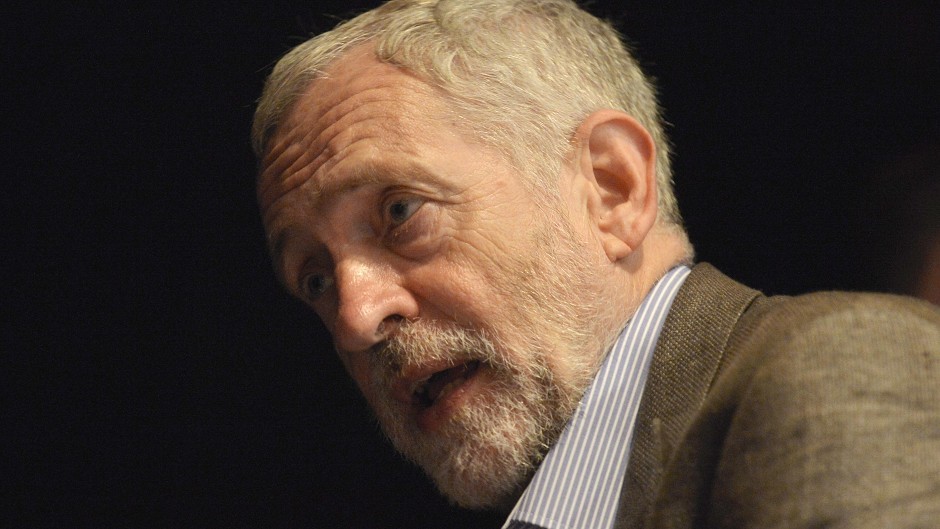Jeremy Corbyn set the tone for his leadership yesterday as he sought to usher in a new kind of politics at Prime Minister’s Questions.
During his first appearance at the despatch box, the new Labour leader threw out the traditional approach of asking his own questions.
Instead, in the style of a radio phone-in, he put those of voters to David Cameron.
He said he had received 40,000 responses from the public to an appeal for questions, from which six were selected for the 30-minute sparring match.
One by one, he read out queries on housing, rents, tax credits, benefit thresholds, and two on mental health.
Labour denied the new approach gave Mr Cameron – who did not refer to his notes – an easy ride by making it difficult to pin him down on a particular issue.
But Kerry McCarthy, the new shadow secretary for environment, food and rural affairs, said afterwards the Labour leader may need to give the prime minister a harder time in future.
As well as shaking up the format, Mr Corbyn revealed his intent to make the weekly occasion less theatrical after hearing repeated criticism on the campaign trail.
Mr Cameron told MPs he welcomed the change, claiming “no-one would be more delighted” than him if PMQs could become a “genuine exercise” in asking and answering questions.
He also politely congratulated the London MP on his “resounding victory” and said he hoped the pair – despite anticipating “many strong disagreements” – could work together in the national interest where possible.
Continuing the courteous tone, Mr Corbyn thanked him soberly for committing to answering questions “in a more adult way than it’s been done in the past”.
His measured, low-key attitude continued throughout PMQs and not once did he resort to any of the usual quips or put-downs.
It did not stop Mr Cameron from going on the attack, however, repeatedly warning that the high-quality public services which Mr Corbyn demanded would not be affordable without a strong economy.
He also seized the chance in response to questions from Tory backbenchers to emphasise the importance of Nato membership, renewing Trident and spending 2% of GDP on the armed forces.
“The fact the Labour Party are now turning away from those things is deeply regrettable,” he said.
“National security is the most important thing a government can deliver and we will never fall short.”
Mr Corbyn, who wore a gold tie and beige blazer with dark trousers, was greeted with cheers as he got to his feet to make his debut.
As well as Mr Cameron’s welcome, he received congratulations from SNP Westminster leader Angus Robertson, who suggested Labour backbenchers join their new leader in opposing Trident renewal.
But elsewhere on the opposition benches, he received a much frostier reception.
DUP MP Nigel Dodds condemned Mr Corbyn for appointing a shadow chancellor (John McDonnell) who “believes that terrorists should be honoured for their bravery”.
In response, Mr Cameron paid tribute to former Conservative MPs Airey Neave and Ian Gow, who were murdered by Republican terrorists.
He did not directly refer to controversy over Mr Corbyn and Mr McDonnell’s previous comments on Northern Ireland, but said: “It was never justified and people who seek to justify it should be ashamed of themselves.”
While most Conservative backbenchers appeared to be following instructions not to gloat over the veteran left-winger’s election, some could not resist the temptation.
Corby MP Tom Pursglove let slip a hint of their delight as he told Mr Cameron: “The prime minister has a lot to be pleased with Corby for – and that’s Corby, not Corbyn…”
Mr Cameron replied: “Ever since your election I have been feeling a sense of Corbymania.”
Labour aides said Mr Corbyn had looked at a “really good selection” of the 40,000 suggestions and picked the final six based on which issues were most popular and “matched” his own priorities.
Asked about policy differences that appear to have emerged between Mr Corbyn and his front bench, a Labour source said “lots of listening” would be done and some policies would be reviewed under the new leadership.
